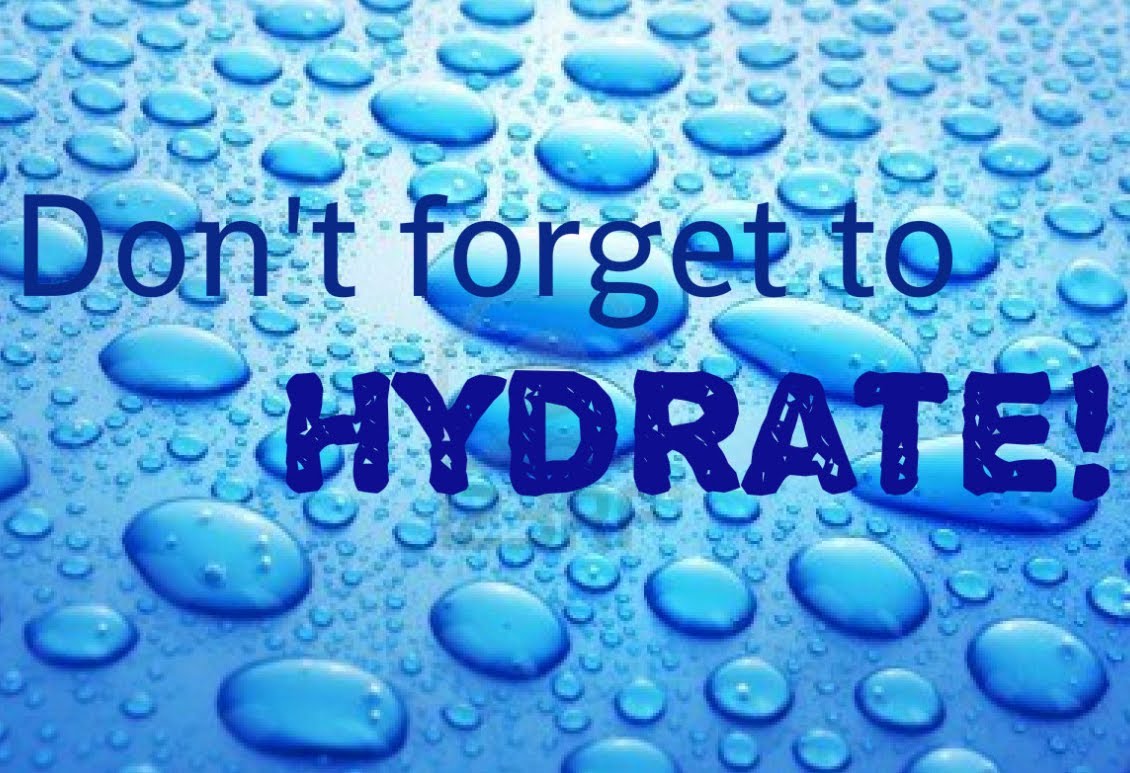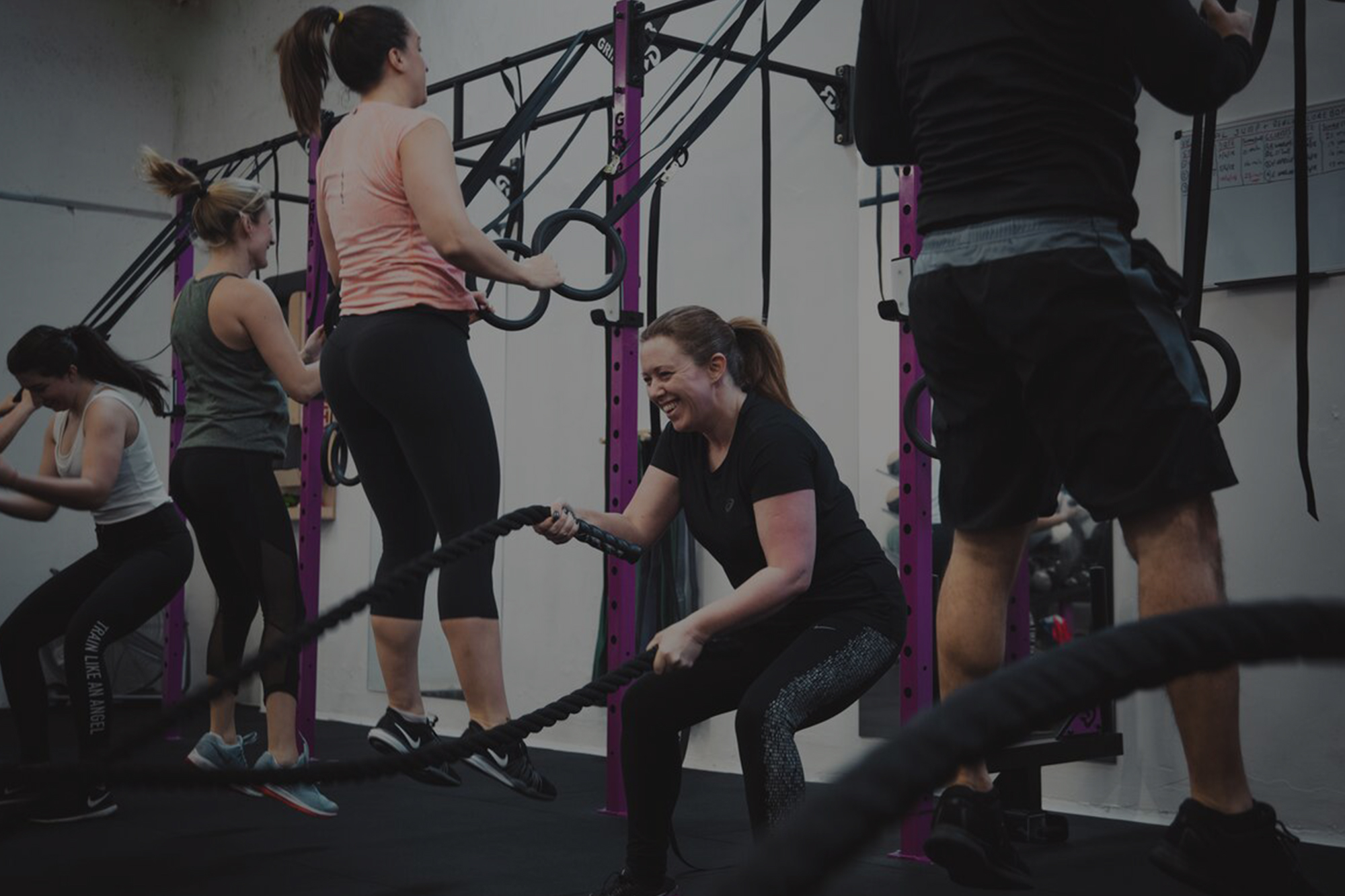
My name is Mark Synnott and I am personal trainer/coach here at Gravity Fitness. Today’s article is about hydration and its benefits. Hydration and dehydration are big buzz words around the health and fitness industry. There are plenty of different opinions on the amount of fluid a person should intake every day. Here at Gravity Fitness we wanted to give you some information on the benefits of adequate hydration and some of the downsides of not drinking enough fluids.
Water has many roles within the body; it provides a structural integrity for our cells and serves as our body’s delivery and waste removal medium. It has excellent conductive properties and helps move warm core temperatures from the body’s core to the periphery, therefore helping to maintain a stable body temperature. In Gravity Fitness we teach water intake as one of our many nutrition coaching habit changes. There are times when clients have busy days, eating lunch on the go, relying only on coffee as fluids and just forget to drink water. It’s important to note that caffeine can actually have a negative effect on your hydration status.
Studies carried out on mild dehydration and its effects on mood, have shown that a decrease in the amount of habitual water drank can lead to a decreased mood and psychological sensations throughout the day (Armstrong et al., 2012 and Ganio et al., 2011). In addition, when mildly dehydrated, both men and women were more likely to feel fatigued and to have diminished cognitive performance. Men were more likely to experience short-term memory degradation when mildly dehydrated, but overall, women were more sensitive to dehydration than men. For example, women were more likely to report a headache, fatigue, confusion and lack of energy. Women also felt moderate exercise was more difficult when dehydrated.
Hydration status can also have a big effect on exercise. When talking about dehydration and how it affects your body during exercise, it’s important to think about the before, during and after exercise. With this in mind, it is important to ensure that you are well hydrated before exercise. If you begin exercise in a dehydrated state your performance will suffer. It is recommended by The American College of Sports Medicine to consume 5 to 7 ml of fluid per kilogram of body weight (ml/kg) 2 to 4 hours before exercise, this will allow your body to promote hydration and allow enough time to excrete excess water (Bean, 2017). Following your workout, dehydration should be the primary focus, both water and sodium levels need to be replaced to restore fluid balance in the body following exercise. The best way to understand how much water you need to drink following exercise is by weighing yourself before and after exercise. 1 kg of body weight lost is equivalent to 1 litre of sweat. In order to adequately replace fluid loss you should drink approximately 1.2-1.5 litres of water per kg of body weight lost during the bout of exercise.
Some tips on increasing your daily intake of water;
- Try to keep a water bottle with you at all times; it will serve as a visual reminder to drink.
- Cut up lemons/limes; add some natural flavour to your water, along with the benefits of lemon water itself (e.g. skin, improved digestion).
- Make sure you bring you water bottle to the gym, it’ll transfer over to everyday life!
- Try an app; in the age of smartphones there is an app for everything, these can send you alerts throughout the day as reminders to keep drinking water!
References;
Ganio, M.S., Armstrong, L.E., Casa, D.J., McDermott, B.P., Lee, E.C., Yamamoto, L.M., Marzano, S., Lopez, R.M., Jimenez, L., Le Bellego, L., Chevillotte, E., and Lieberman, H.R. (2011) Mild dehydration impairs cognitive performance and mood of men. British Journal of
Nutrition, 106(10), 1535-1543, 2011.
Bean, A. (2017). The complete guide to sports nutrition. London: Bloomsbury




